Good morning, it’s Wednesday, October 22nd. In today’s news, Conservatives and Bloc signal rebellion over Carney’s spending plan, CBC Chief attempts to defend toxic culture, Liberal bias, and $1.4 billion budget, Canada’s Armed Forces are falling apart while politicians pretend otherwise, FEMA withheld federal aid from Trump supporters, and much more.
First time reading the daily blend? Sign up here.
Conservatives and Bloc Signal Rebellion Over Carney’s Spending Plan
As Mark Carney prepares to table his first federal budget on November 4, the sense in Ottawa is that Canada could be heading back to the polls. Liberal House Leader Steven MacKinnon admitted this week that the government is “worried,” as both the Conservatives and Bloc Québécois signal they’re unwilling to prop up a budget that continues Ottawa’s free-spending ways.
Carney’s government, still adjusting to minority rule, now faces the same arithmetic that has plagued every weak Liberal government before it: without support from at least one opposition party, the budget fails and Parliament falls. After years of soaring deficits, inflation, and stagnant growth, Canadians have little appetite for another round of fiscal denial.
Conservative Leader Pierre Poilievre set his conditions clearly in a letter to Carney this week — keep the deficit below $42 billion and cut taxes, particularly on carbon and industry. The Parliamentary Budget Officer, however, predicts the deficit could balloon to nearly $70 billion next year, even after Carney ordered every department (except Defence, RCMP, and CBSA) to slash 15 percent over three years. Carney’s plan to boost military spending to hit NATO’s two percent target adds billions more.
On the other side, Bloc Leader Yves-François Blanchet has his own “non-negotiables”: higher health transfers, a 10 percent OAS hike for seniors under 75, and an $814 million rebate for Quebecers excluded from the federal carbon tax refund. It’s a political list that would add billions to an already bloated budget. Meanwhile, the NDP’s interim leader Don Davies has staked out familiar ground, vowing to oppose any “austerity” measures.
It all leaves Carney boxed in. To please the Bloc or NDP, he must spend more; to win over Conservatives, he must spend less. The irony is almost poetic. For years, Carney built his reputation on fiscal prudence and global credibility. Now, as prime minister, he’s cornered by his own party’s addiction to debt and giveaways. If this budget triggers another election, it won’t just test his leadership — it will reveal whether Canadians still believe in restraint at all. Source.
CBC Chief Attempts to Defend Toxic Culture, Liberal Bias, and $1.4B Budget Before MPs
CBC President Marie-Philippe Bouchard took to the parliamentary committee to defend the publicly funded broadcaster, claiming it is “striving to be balanced” and that most staff report “widely positive” experiences. In reality, this is a laughable attempt to paper over a decades-long pattern of bias, mismanagement, and ideological favouritism funded by Canadian taxpayers.
The testimony came after former anchor Travis Dhanraj filed a human rights complaint alleging racial discrimination, tokenism, editorial bias, and retaliation for speaking out—serious claims that Bouchard refused to address directly, citing a pending tribunal. She admitted she had not personally investigated the allegations, instead relying on others, which perfectly illustrates the moral rot at the top of CBC: a network that pressures employees to toe the line and then shields executives from accountability.
Bouchard also insisted Conservatives are “quite welcome” at CBC, yet when pressed to name even five Conservative guests in the past two weeks, she couldn’t provide a single example. Polling confirms what Canadians already suspect: CBC is overwhelmingly a Liberal echo chamber. Only 16 percent of Conservative voters consume CBC regularly, compared to 43 percent of Liberal voters, and trust in the network drops sharply in rural areas and Western provinces. Meanwhile, CBC continues to claim its digital reach of 20 million Canadians justifies its $1.38 billion in federal funding, even as TV audiences languish at 4.6 percent—far below competitors CTV (8.8 percent) and Global (9.8 percent).
Bouchard trumpeted CBC’s initiatives to hire in rural areas and increase diversity in media. Yet these programs often serve more as virtue-signalling than real service to the public, functioning as a mechanism to reward preferred groups while shunning dissenting voices. The Liberals continue to pour hundreds of millions into this propaganda machine, with Prime Minister Mark Carney pledging an additional $150 million even as critics warn CBC is a taxpayer-funded mouthpiece for one party.
Bouchard’s claims about editorial independence are contradicted by repeated examples: former hosts pressured to accept bias, refusal to air inquiries about executive bonuses, and the systematic marginalization of voices that don’t fit the narrative. Her assurance that CBC “resists online algorithms pushing the extremes” is Orwellian in tone—while extreme ideological slant is exactly what CBC thrives on, shaping discourse and censoring viewpoints inconvenient to the government of the day.
In short, CBC remains a billion-dollar, taxpayer-funded echo chamber for the Liberal Party, shielded by executives who dodge accountability and glorify tokenism over journalistic integrity. Canadians are paying dearly for a network that actively undermines trust in journalism, promotes ideological conformity, and ignores the concerns of vast swaths of the country. If anything, Bouchard’s testimony exposed more than it concealed: CBC is not a public service; it’s a political tool, and the Liberals are enabling it.
Canada’s Armed Forces Are Falling Apart While Politicians Pretend Otherwise
Canada’s military isn’t struggling to recruit — it’s struggling to function. The latest Auditor General’s report paints a grim picture of a force that’s falling apart from within, crippled by bureaucracy, outdated systems, and decades of political neglect disguised as “modernization.”
Between 2022 and 2025, the Canadian Armed Forces planned to recruit nearly 20,000 new members. Almost 192,000 people applied. Only 15,000 made it through the door. One in thirteen. And even then, the CAF admitted it doesn’t have the training capacity to handle them. The recruitment process, meant to take 100 to 150 days, routinely drags on twice as long. Many applicants simply give up — and the military doesn’t even know why.
The problems go deeper than numbers. Canada’s armed forces are running on duct tape and “good intentions.” They’re short on pilots, ammunition technicians, and other specialized personnel. Their IT systems are outdated, their data entry is still largely manual, and there’s a backlog of basic security checks. The ideologically captured institution isn’t even hitting its diversity and inclusion targets — the same targets political leaders boast about in press conferences while ignoring the operational rot beneath them.
And while Prime Minister Mark Carney touts a $9.3 billion “investment” to bring defence spending closer to NATO’s two per cent target, the Auditor General’s second report makes it clear that money alone won’t fix what’s broken. At bases across the country, soldiers are living in crumbling housing — overcrowded quarters, unsafe water, broken plumbing, and no Wi-Fi. In some cases, auditors found buildings literally unfit for habitation. There are thousands on waiting lists and only a few hundred available units.
These are not new problems. They’re the same ones every government promises to fix and never does. Each time the political class pledges “record spending,” it’s never aimed at restoring competence — it’s aimed at optics.
Defence Minister David McGuinty insists, “We have work to do.” But the truth is, Canada’s military is no longer in decline — it’s in decay. You can’t defend a country when your soldiers can’t afford to live where they serve, when your institutions can’t train recruits, and when your leadership values public relations over preparedness.
The real crisis isn’t recruitment. It’s leadership — and that’s one shortage Canada can’t afford. Source.
DHS: FEMA Withheld Federal Aid From Trump Supporters
A DHS investigation found that FEMA engaged in “textbook political discrimination” under the Biden administration, withholding or delaying disaster aid to Americans with pro-Trump or pro–Second Amendment signs between 2021 and 2024. The probe revealed that FEMA staff recorded citizens’ political beliefs in databases and used that data to skip aid visits—violating the Privacy Act and constitutional protections.
Homeland Security Secretary Kristi Noem condemned the findings as an abuse of power and referred the case to the Justice Department. The issue surfaced after a 2024 hurricane, leading to disciplinary action and broader investigations into agency culture and oversight failures. More
CRA Call Centres Gave Auditors Wrong Information Up to 83 Percent of the Time
A new Auditor General report finds that Canada Revenue Agency call centre agents gave wrong information as often as 83% of the time, leaving Canadians confused or misinformed about taxes, benefits, and business obligations. Average wait times exceeded 31 minutes—double the agency’s 15-minute service standard—delaying access to crucial help. Accuracy improved for account-specific inquiries but remained poor for general questions, while performance reviews prioritize attendance over correctness. Declining staffing levels and ineffective spending on call centre improvements mean Canadians continue to face long waits, misinformation, and frustration when trying to interact with the CRA. More
European Countries Back Trump’s Call for Cease-Fire on Current Lines in Ukraine - Trump said that Ukraine should cede territory in the Donbas region already under Russian control to end the war. More
Ford Government Moves Ahead with Speed Camera Ban as Advocates Push Back - It’s hard to believe anyone is opposing this—it’s one of the few genuinely good moves Ford’s made for Ontario. More
Mark Zuckerberg, Adam Mosseri and Evan Spiegel Ordered to Testify in Trial Over Social Media Addiction - More
Madagascar’s Gen Z Protesters Angry at Coup Leader’s Choice of PM - The group has demanded to know how Rajaonarivelo was selected, given what it says was his connection to the previous government. “Our revolution will not be hijacked. The Malagasy youth are watching and mobilizing,” Gen Z Mada said. More
CCP Expels 9 Military Leaders Linked to Xi Jinping for Corruption and Abuse of Power - These expulsions came just days before China is set to hold its 15th Five-Year Plan—a sweeping blueprint setting the nation’s social, economic, and political agenda for the next half-decade. More
Leaked Documents: Amazon Plans to Replace 600,000 US Workers with Robots
Amazon is reportedly pursuing aggressive automation, aiming to automate up to 75% of its operations and eliminate over 600,000 US roles by 2033, including 160,000 jobs by 2027, saving roughly $12.6 billion. Leaked documents suggest the company considered softening public perception of automation by using terms like “advanced technology” and “cobots” for robots that work alongside humans, and exploring community projects to appear socially responsible. Experts warn that if Amazon succeeds, one of the largest US employers could shift from being a net job creator to a net job destroyer, even as it plans to double product output. More
Canada’s Annual Inflation Rate Rose to 2.4 Percent in September - More
OpenAI Launches Web Browser to Compete with Google Chrome - As AI browsers become a battleground, Atlas’s Chromium base and agent pairing position OpenAI for wider impact with a Mac-first rollout and Windows and mobile versions soon. More
Scientists Warn Sun-Dimming Efforts Could Trigger Chaos
Researchers at Columbia University caution that stratospheric aerosol injection (SAI)—spraying sunlight-reflecting particles into the upper atmosphere to cool Earth—faces far more physical, technical, and geopolitical hurdles than climate models suggest. Variables like release altitude, latitude, timing, and material choice could drastically affect outcomes, from disrupting monsoons to altering jet streams. While alternatives to sulphate aerosols, such as calcium carbonate or alpha alumina, might be feasible at scale, all proposed particles face challenges like clumping or limited availability. The study stresses that SAI carries wide-ranging uncertainties, logistical barriers, and potential side effects, making it far from the simple “quick fix” sometimes portrayed by scientists in simulations. More
Scientists Create LED Light that Kills Cancer Cells Without Harming Healthy Ones - More
2025 World Series: Toronto Blue Jays vs. Los Angeles Dodgers—Who’s Got the Edge?
The 2025 World Series will feature the Toronto Blue Jays facing the defending champion Los Angeles Dodgers. The Dodgers advanced with a sweep of the Milwaukee Brewers, while the Blue Jays survived a thrilling ALCS against the Seattle Mariners, marking Toronto’s first World Series appearance since their back-to-back titles in 1992 and 1993.
Blue Jays: Toronto leans heavily on postseason MVP-level performances from Vladimir Guerrero Jr., who has been scorching hot at the plate (.442/.510/.930) and tying franchise postseason home run records. Rookie pitcher Trey Yesavage has also emerged as a surprise hero, delivering clutch innings. George Springer and a bullpen anchored by Louis Varland provide crucial support, but the Jays’ lefty-heavy relief corps remains a potential vulnerability.
Dodgers: Los Angeles is powered by a dominant starting rotation, including Blake Snell, Yoshinobu Yamamoto, Tyler Glasnow, and Shohei Ohtani, who have combined for a 1.40 ERA over 64⅓ innings this postseason. Roki Sasaki’s late-season emergence has bolstered their bullpen, while veterans Freddie Freeman and Mookie Betts offer key offensive support.
Matchup Outlook: The series pits Toronto’s high-average, explosive offence against Los Angeles’ overpowering pitching. Guerrero Jr.’s ability to handle elite pitching will be critical, while the Dodgers will rely on Snell, Ohtani, and Freeman to maintain dominance. Toronto’s bullpen depth and ability to neutralize Los Angeles’ stars could determine whether the Jays can capture their first World Series in 32 years.
Odds: Dodgers favoured at 59.6%, Blue Jays at 40.4%, with both teams riding hot streaks into Game 1 in Toronto. More
White House Confirms: President Trump Will Not Commute Diddy’s Prison Sentence - More
Warner Bros. Discovery Says It Is Evaluating Acquisition Offers From ‘Multiple Parties’ - Reports indicate they are seeking around $24 per share, implying a total valuation of roughly $42 billion, though potential bidders could face a premium above that price to secure the deal. More
Jack Nicklaus Wins $50 Million Jury Award in Defamation Lawsuit Against His Former Company - The 18-time major winner challenged allegations that he had entertained LIV Golf offers. More
4 in 5 Canadian Teens Are Not Getting Enough Exercise, With Statistics Canada Reporting a Sharp Decline Since 2019
Turkish Court Orders Husband to Pay Ex-Wife for Saving Her Number in His Phone as ‘Chubby,’ Citing Both Material and Moral Damages
On this day in 1962, US President John F. Kennedy delivered a live television address revealing Soviet missile installations in Cuba and announced a naval blockade of the island, marking the tense beginning of the Cuban Missile Crisis that brought the world to the brink of nuclear war.






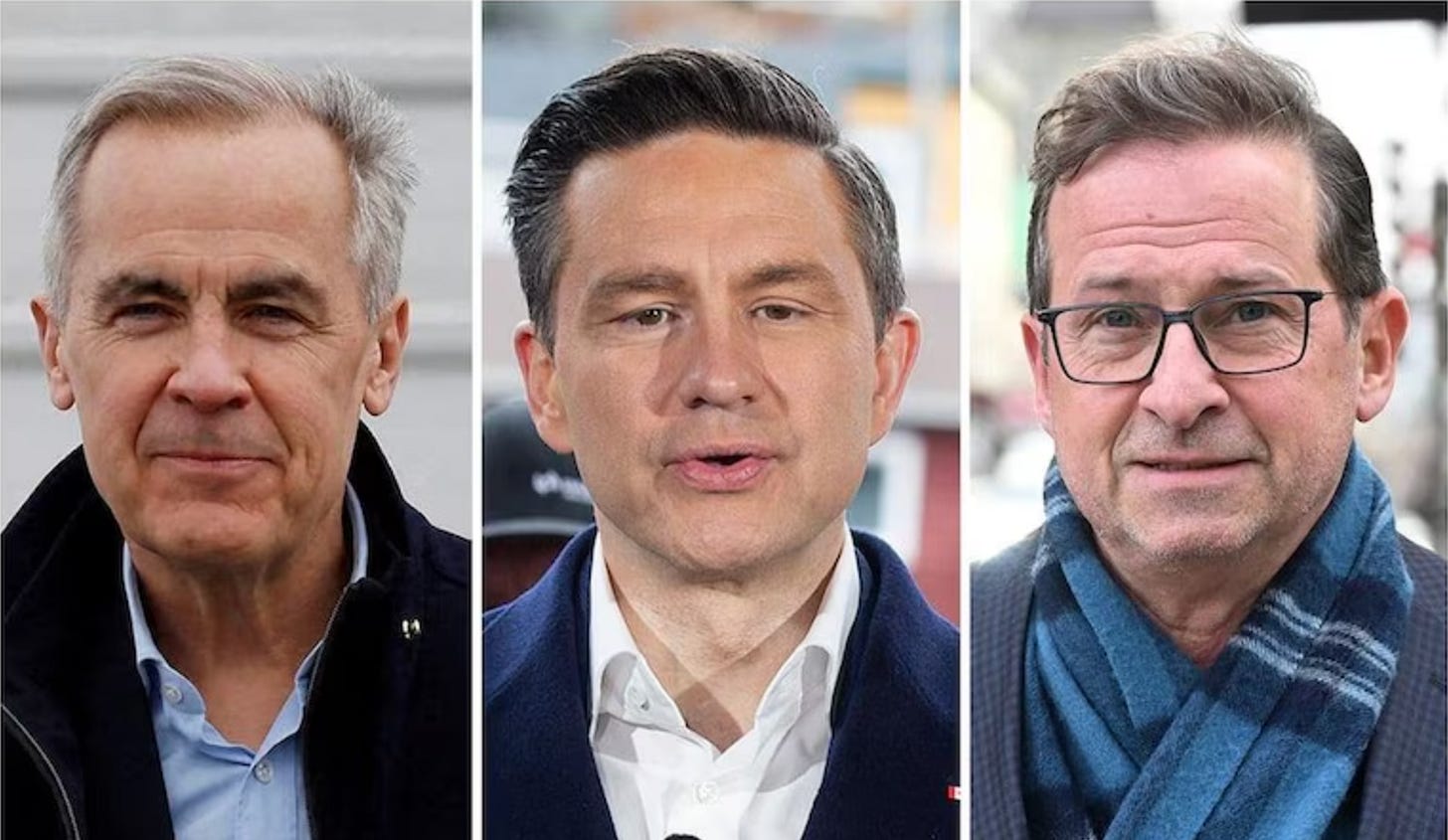
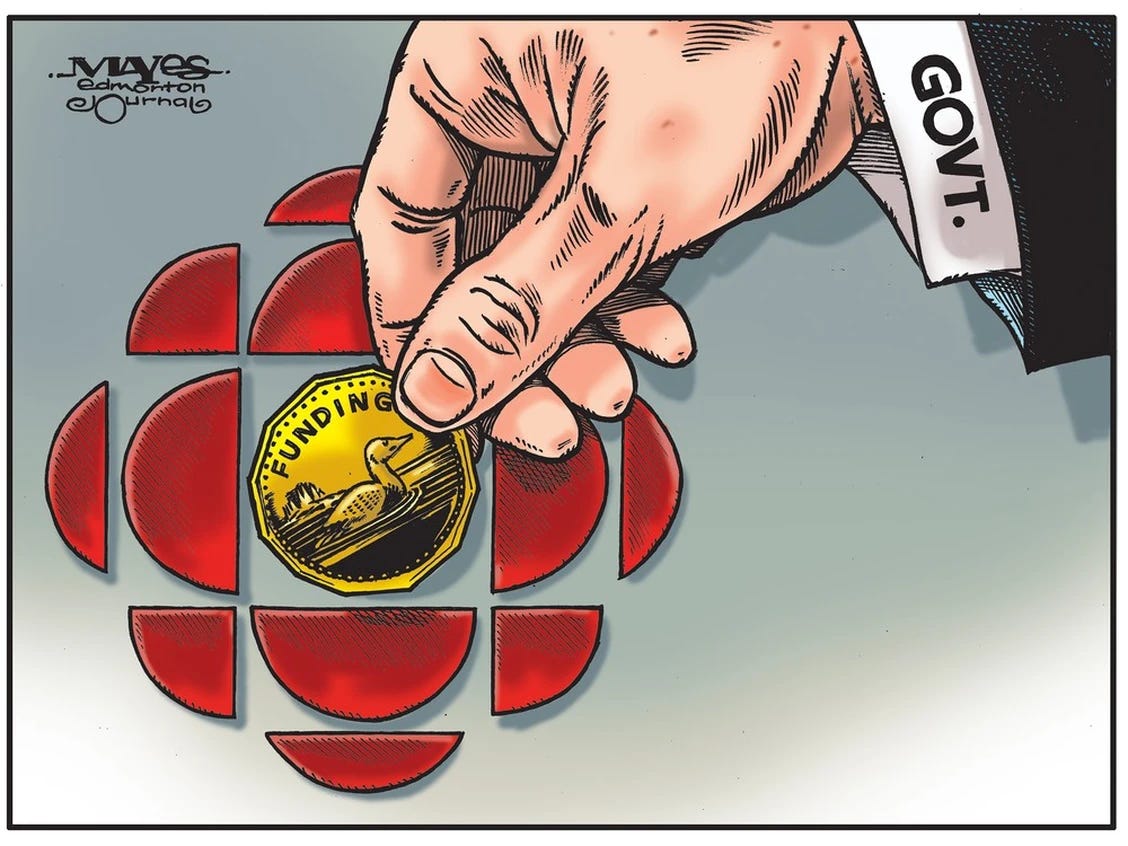
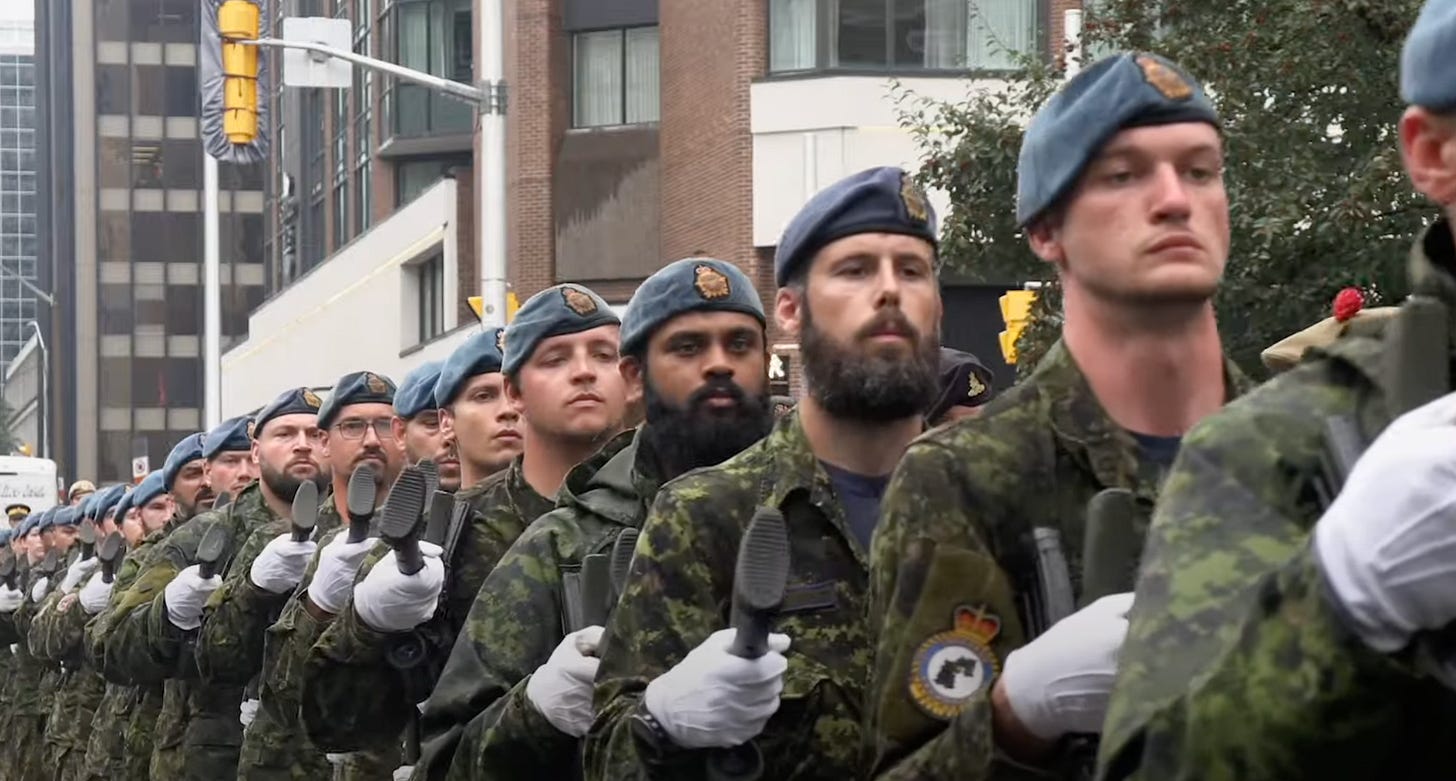

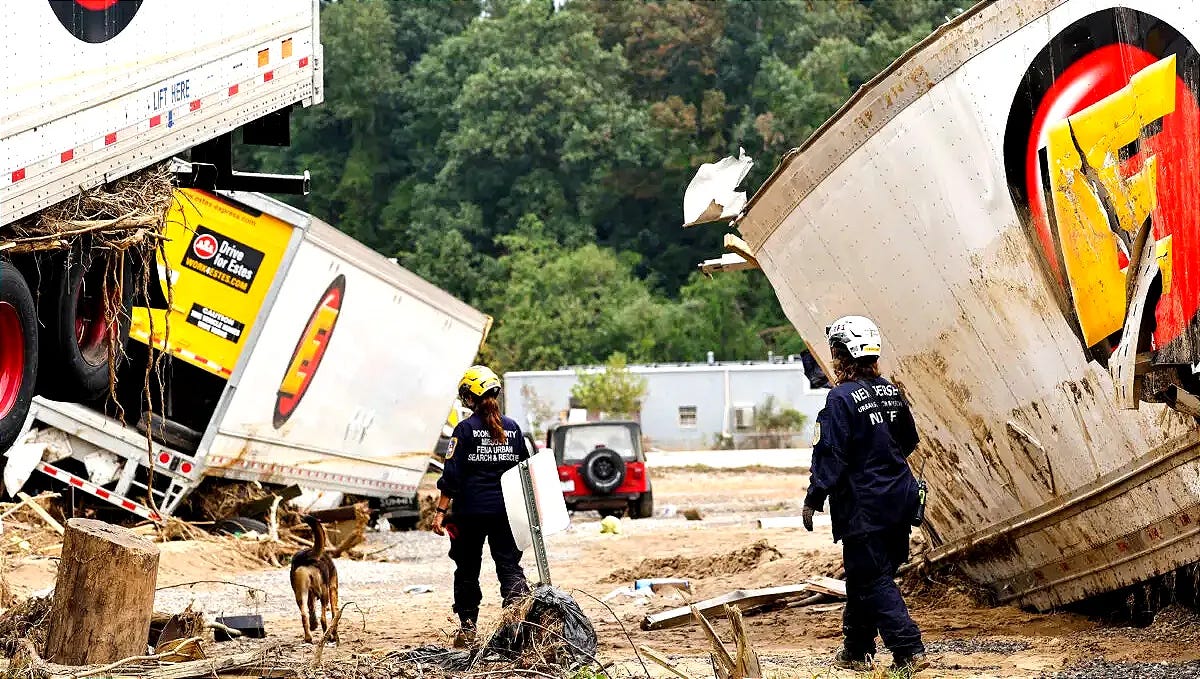
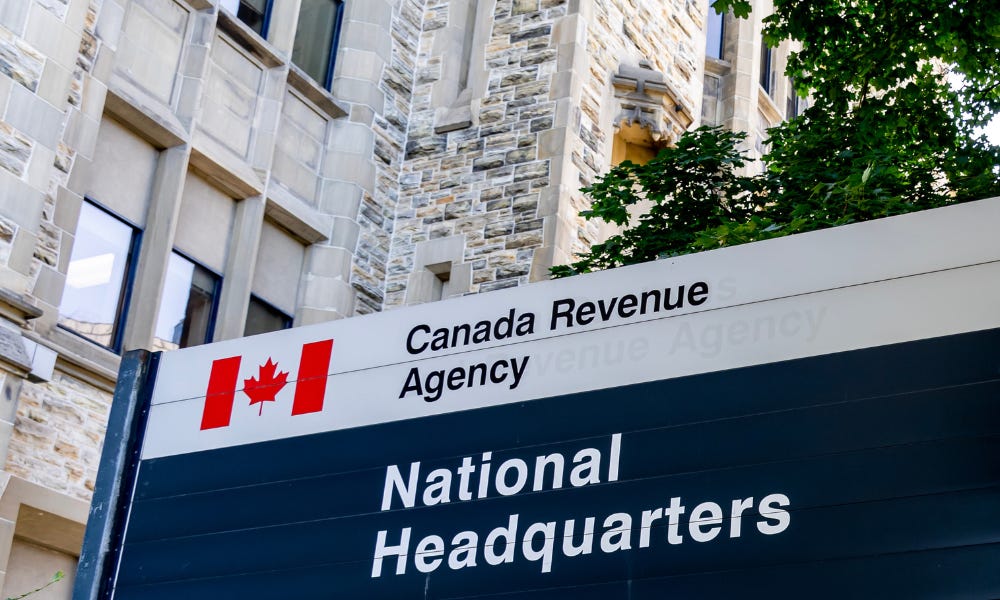

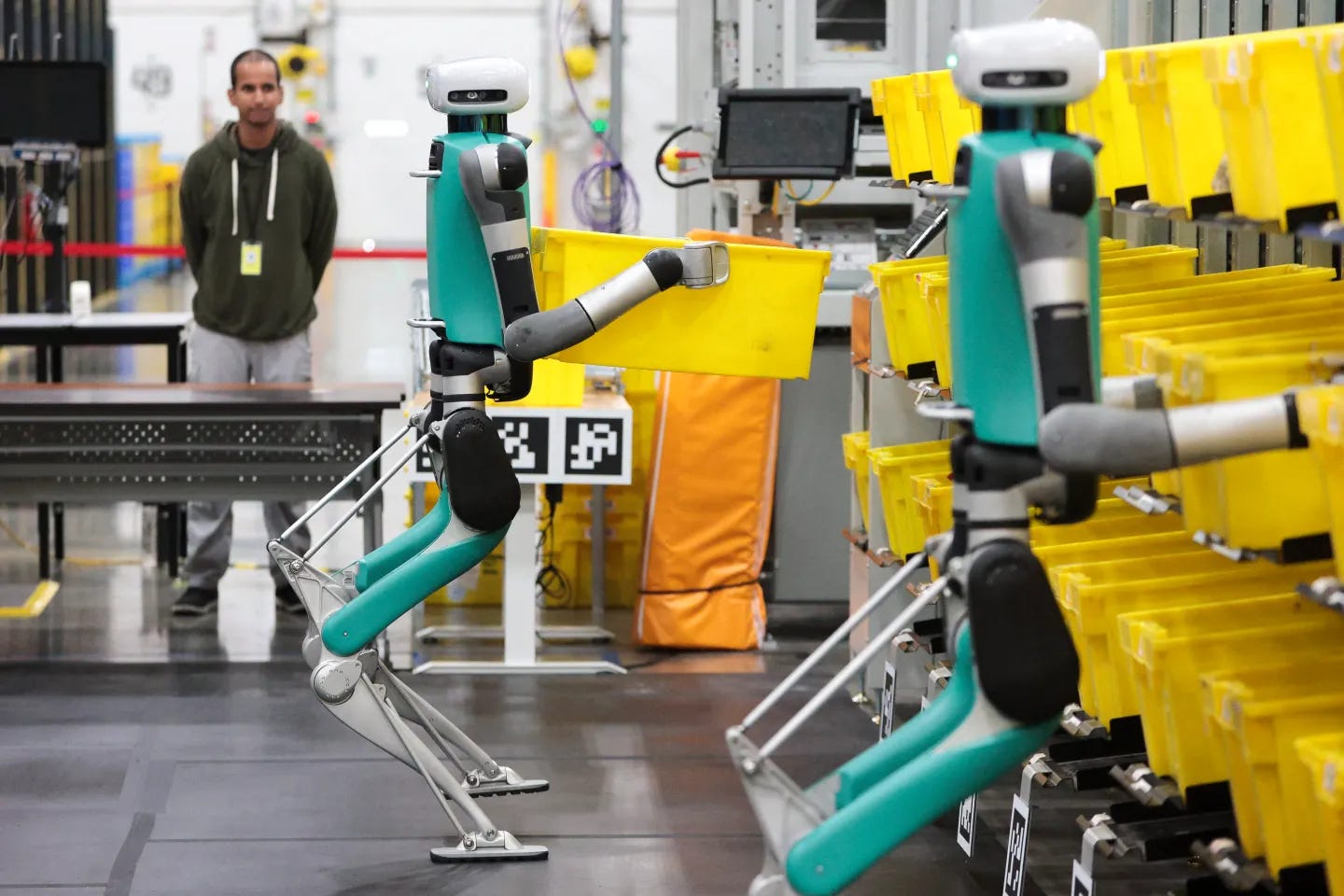

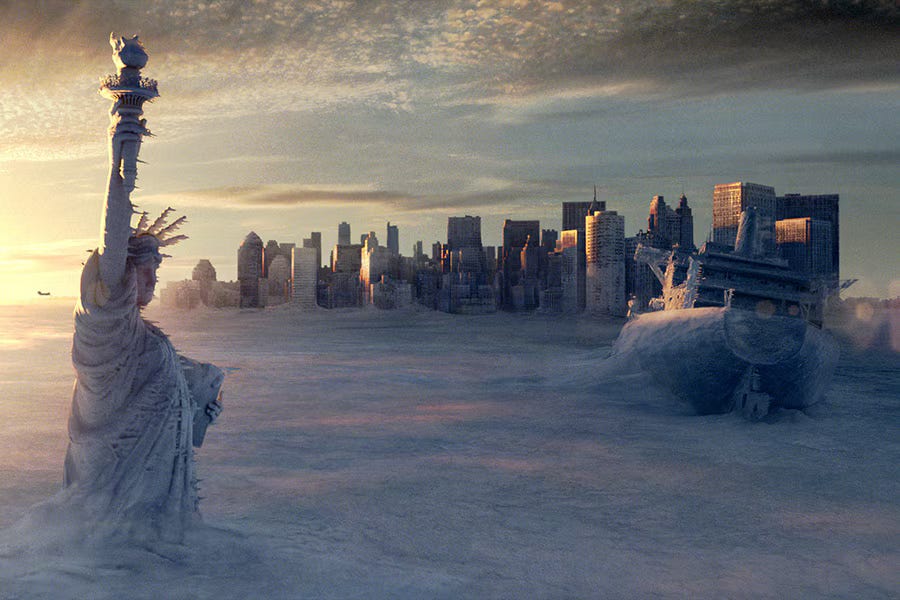



https://www.lifesitenews.com/news/canadas-top-constitutional-freedom-group-warns-carney-gov-has-surrendered-nations-sovereignty-to-the-who/